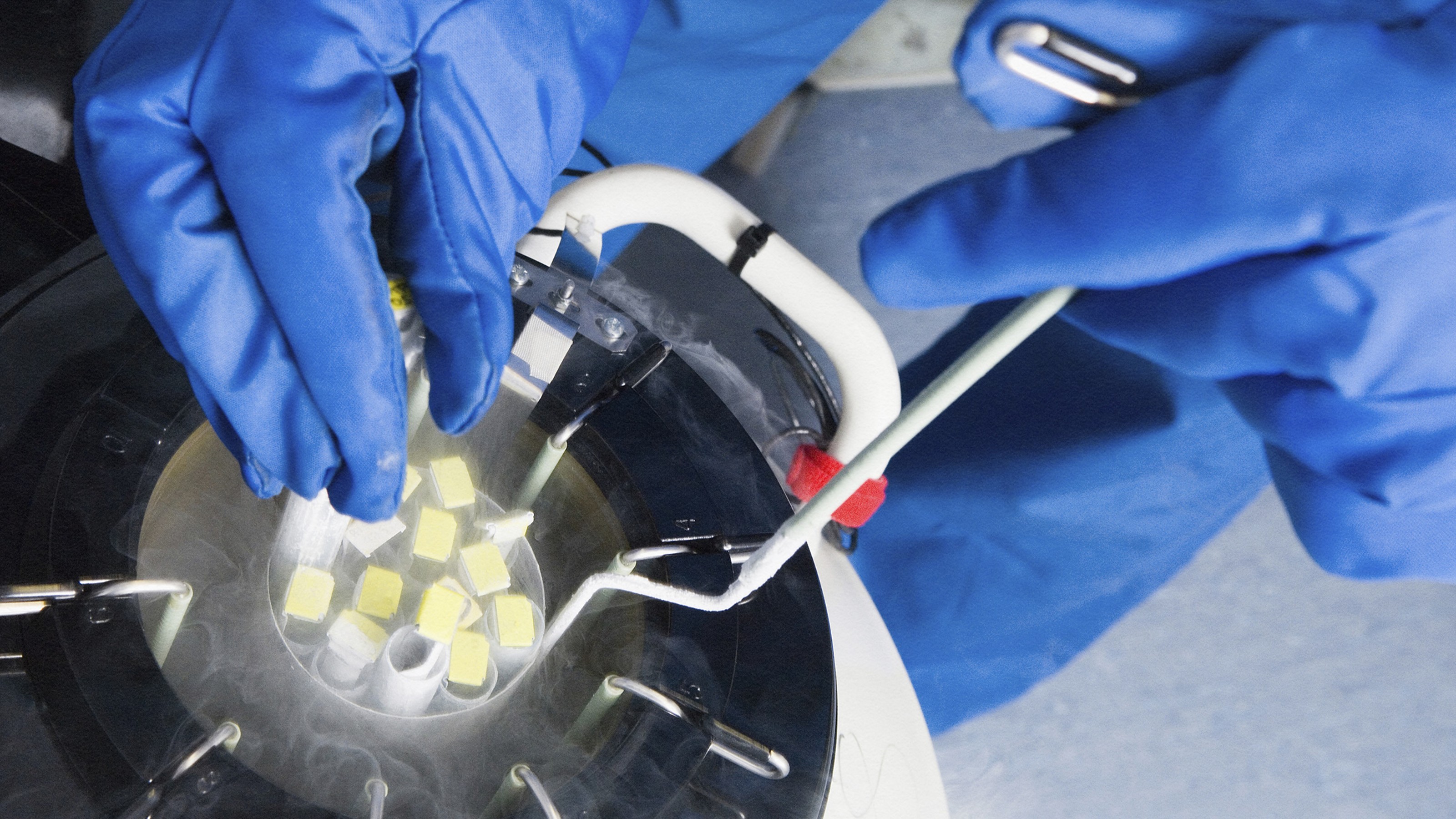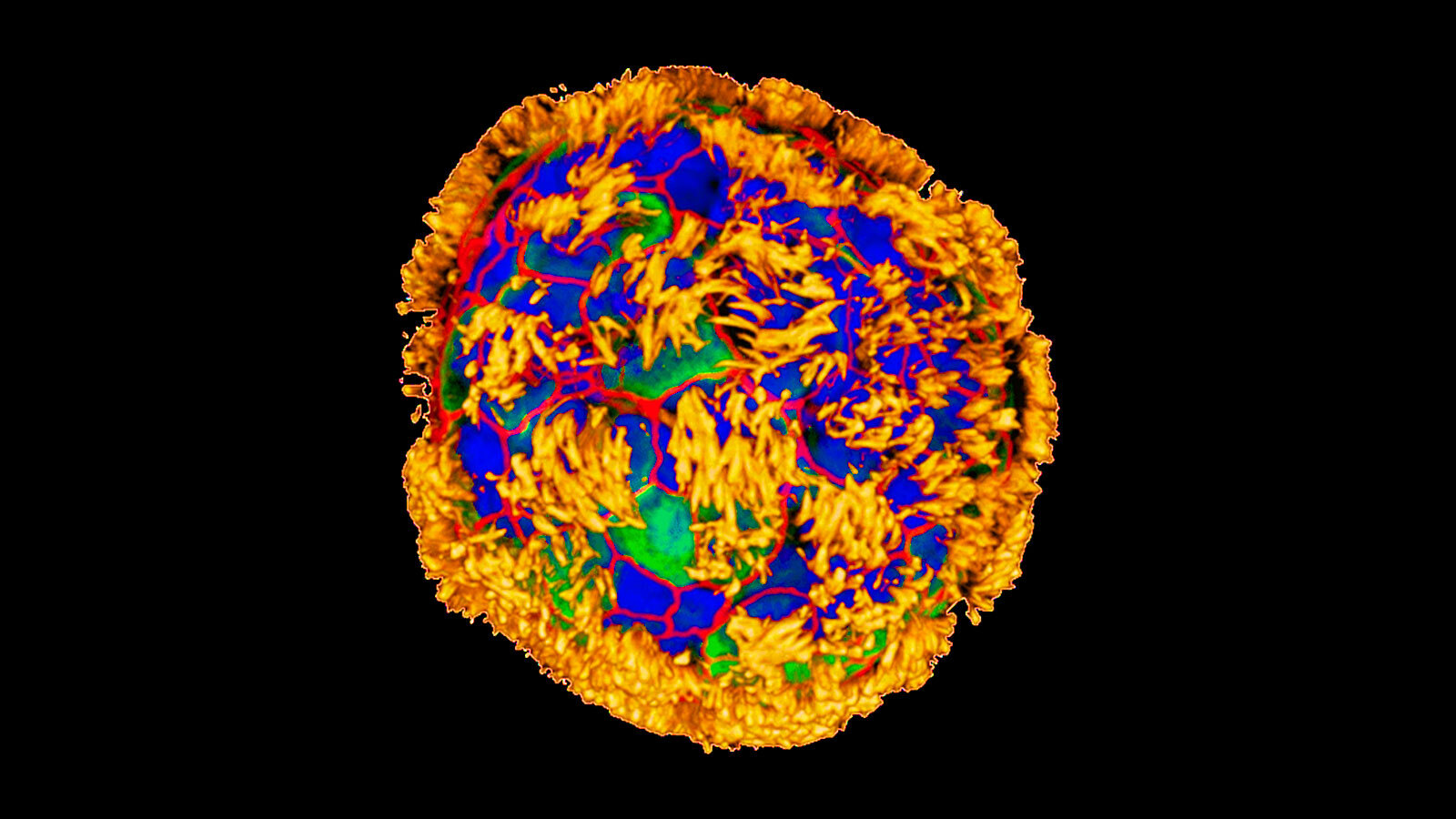From Sperm Bank to Sperm Mint

A study published today in the journal Stem Cells and Development renders the male gender, evolutionarily speaking, unnecessary.
Researchers from Newcastle University and the Northeast England Stem Cell Institute (NESCI) have created human sperm cells from embryonic stem cells for the first time in vitro.
An embryonic stem cell is essentially a cell that has the unlimited capacity to self-renew and differentiate into any type of cell. However, even though human embryonic stem cells are pluripotent, the constant challenge for scientists has always been to find ways to direct this differentiation into specific lineages.
Using their knowledge of signaling molecules–which direct differentiation in vivo–researchers were able to successfully direct the differentiation toward human sperm cells. The embryonic stem cells were cultured in a growth medium with vitamin A derivative, which triggered the differentiation into germline stem cells.
The team also identified certain molecular markers that are only associated with germline cells in order to separate the differentiating cells from the pluripotent (non-differentiated) ones. When cells containing these markers were differentially expressed, researchers turned them green–a technique refered to as florescence tagging. The green cells are then sorted using a laser.
According to a press statement by NESCI, “cells with XY chromosomes (male) were developed into germline stem cells which were then prompted to complete meiosis – cell division by halving the chromosome set. These were shown to produce fully mature sperm, called scientifically, In Vitro Derived sperm (IVD sperm).”
In Vitro Derived Sperm can be used as a tool for studying embryonic development, the genetic basis for disease and the source of infertility in men. It will also allow scientists to study how cells involved in reproduction are affected by toxins, i.e., why men with cancer undergoing chemotherapy can become infertile.
In case this study gives your libido pause, rest assured the use of the IVD sperm for fertility treatment is prohibited by UK law. While one can’t help but consider the ethical implications of such a study, the researchers report to be only interested in the process of spermatogenesis as a model for research.




